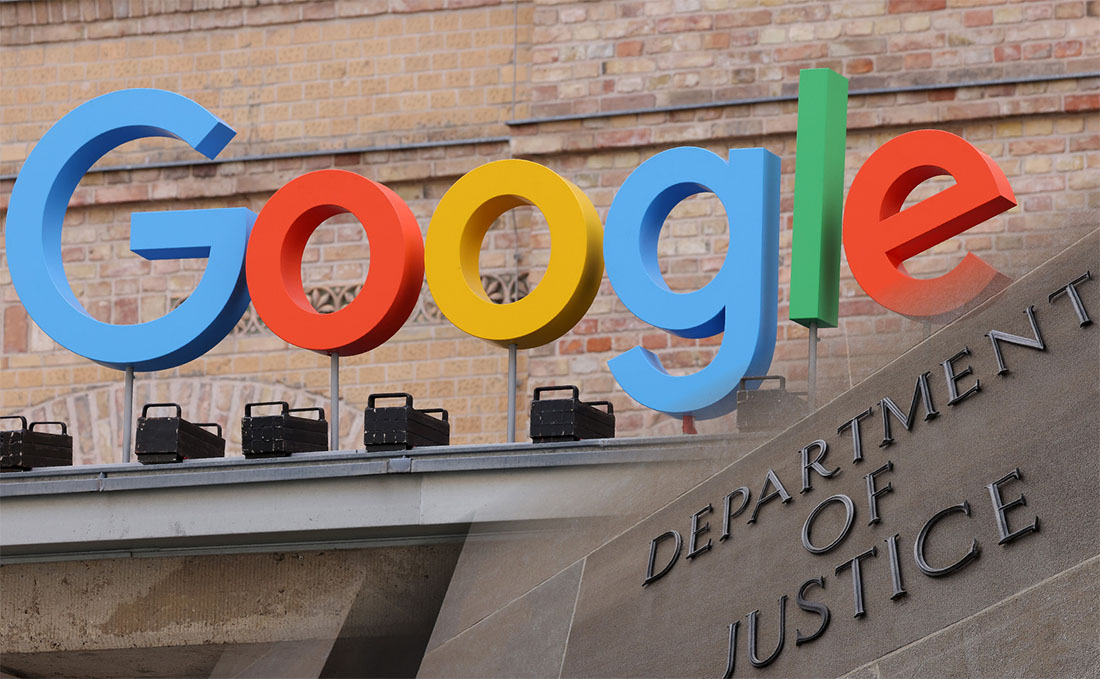Photo Credit: Getty Images
In a landmark move that could redefine the technology landscape, U.S. regulators have proposed a radical solution to Google's search monopoly, recommending the company sell its ubiquitous Chrome browser and fundamentally restructure its digital ecosystem.
The Justice Department's recommendation, filed on November 20, 2024, follows a pivotal August ruling by U.S. District Judge Amit P. Mehta, who declared Google had illegally maintained a search monopoly. The proposed remedies represent the most significant tech antitrust intervention since the Microsoft case in 2000.
At the heart of the proposed breakup is Chrome, Google's dominant web browser commanding 67 percent of the global market. The government argues that forcing its sale would restore competitive balance in the digital marketplace. Jonathan Kanter, head of the Justice Department's antitrust division, emphasized that "the playing field is not level because of Google's conduct."
Key proposed interventions include:
- Mandating Chrome's divestiture
- Prohibiting multibillion-dollar default search engine agreements with companies like Apple
- Requiring Google to share user query data with rival search providers
- Restricting Android's integrated search ecosystem
The financial implications are staggering. Google paid $26.3 billion in 2024 to maintain its default search engine status across various platforms. These strategic agreements, the government contends, have systematically eliminated competitive possibilities.
Legal experts remain skeptical about the proposal's feasibility. Doug Melamed from Stanford Law School noted it would be an "uphill climb," referencing the overturned Microsoft breakup attempt. Google's response has been predictably defensive, with Vice President Lee-Anne Mulholland calling the proposal a "radical agenda" that would harm consumers and technological innovation.
The case's trajectory remains uncertain, particularly with the potential change in presidential administration. President-elect Donald J. Trump has expressed reservations about completely dismantling Google, suggesting more nuanced regulatory approaches might be considered.
Broader Context and Future Implications:
The Google case represents a critical moment in tech regulation. It signals an aggressive stance against digital monopolies, with potential ripple effects for other tech giants like Apple, Amazon, and Meta, all currently facing similar antitrust scrutiny.
Judge Mehta is expected to hear arguments in spring 2025, with a potential ruling by late summer. Google will undoubtedly appeal any significant structural changes, ensuring this landmark case will continue to evolve.


